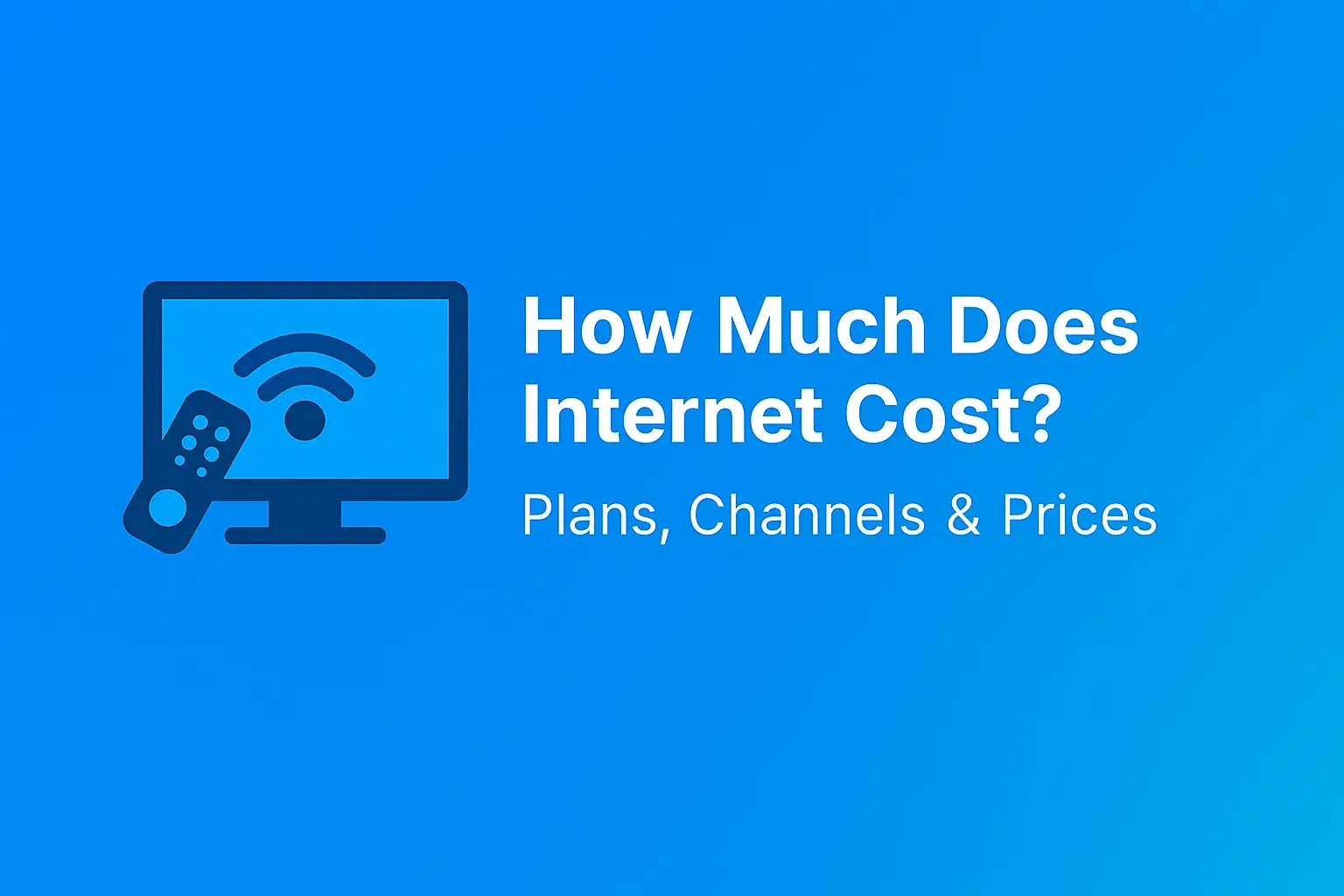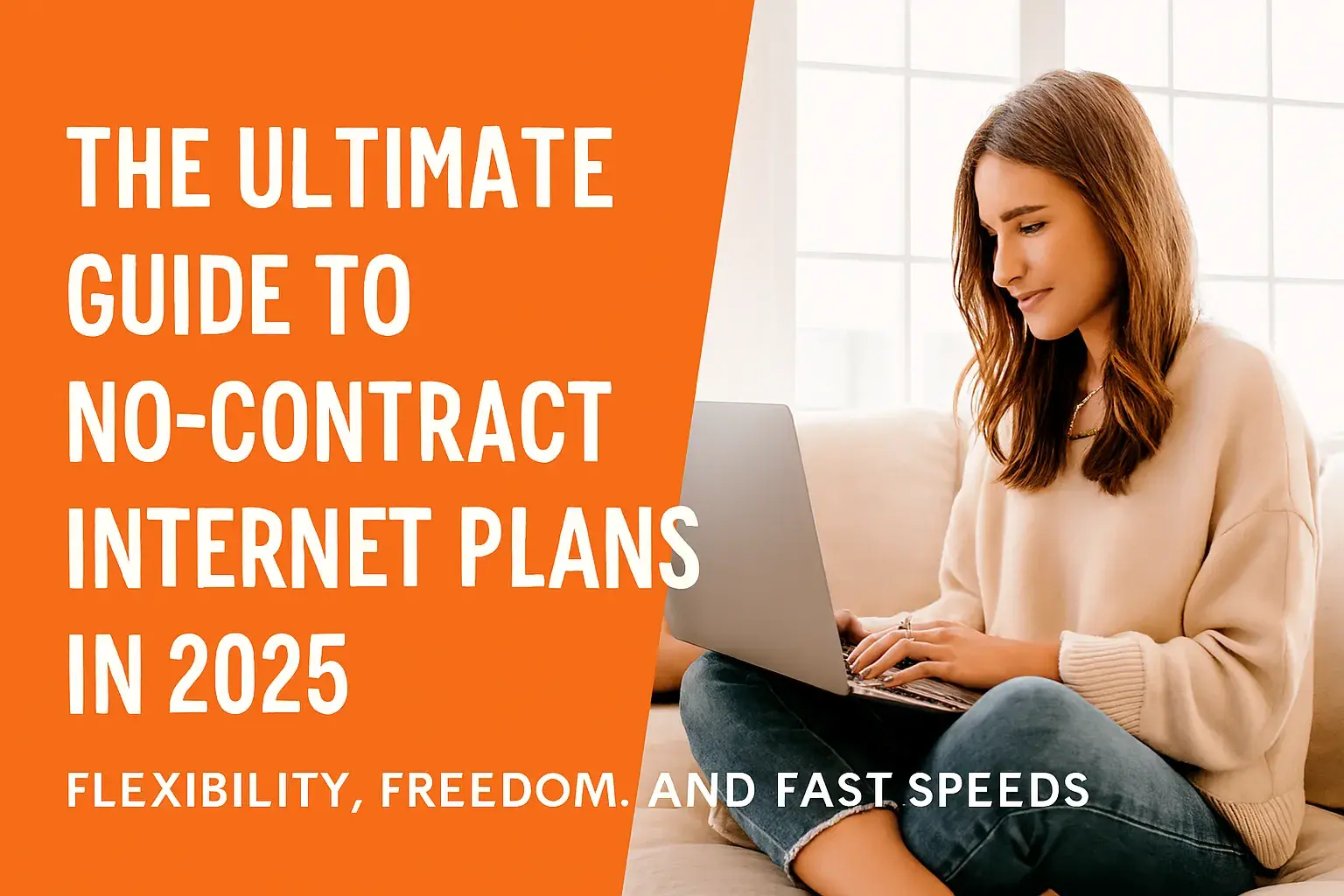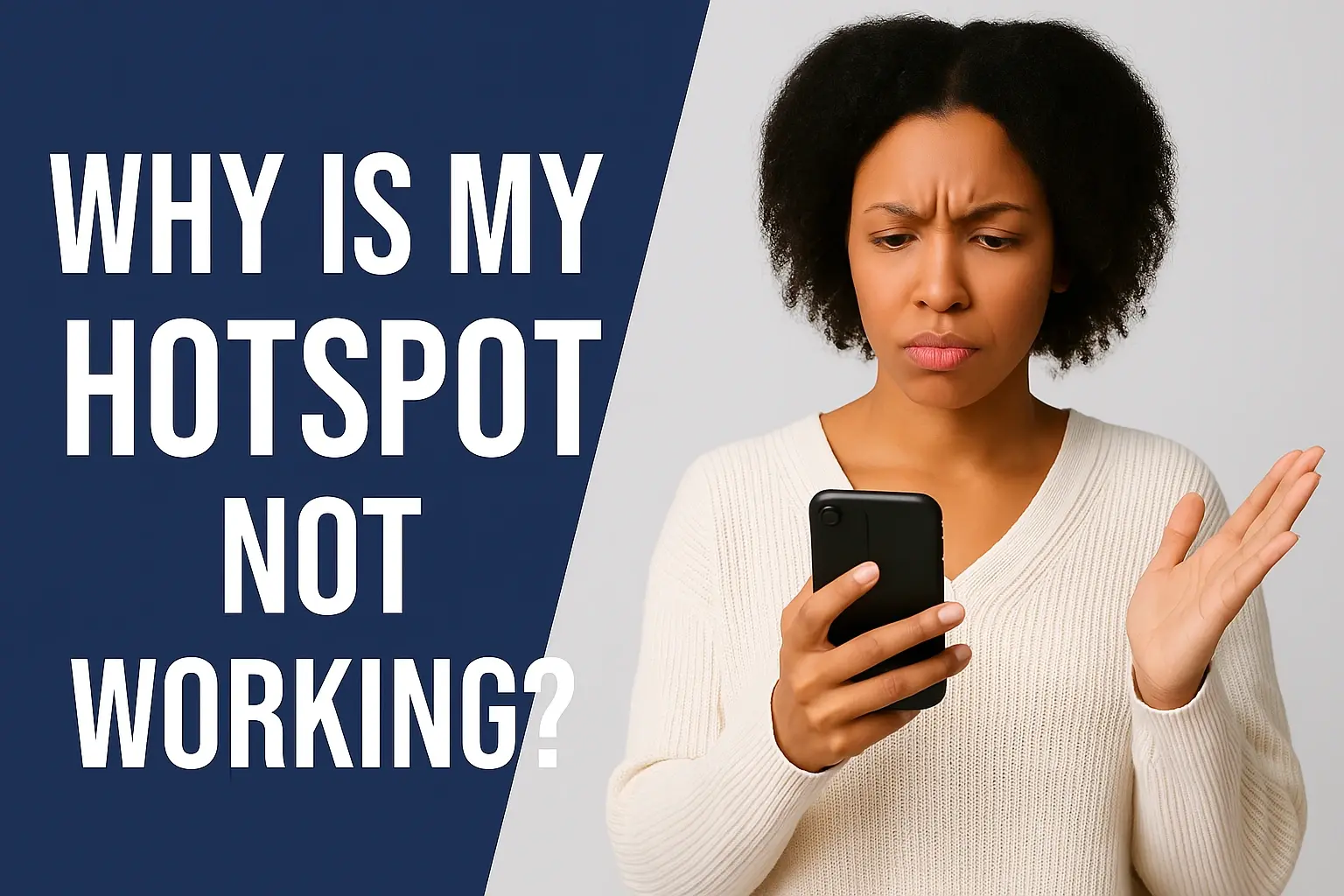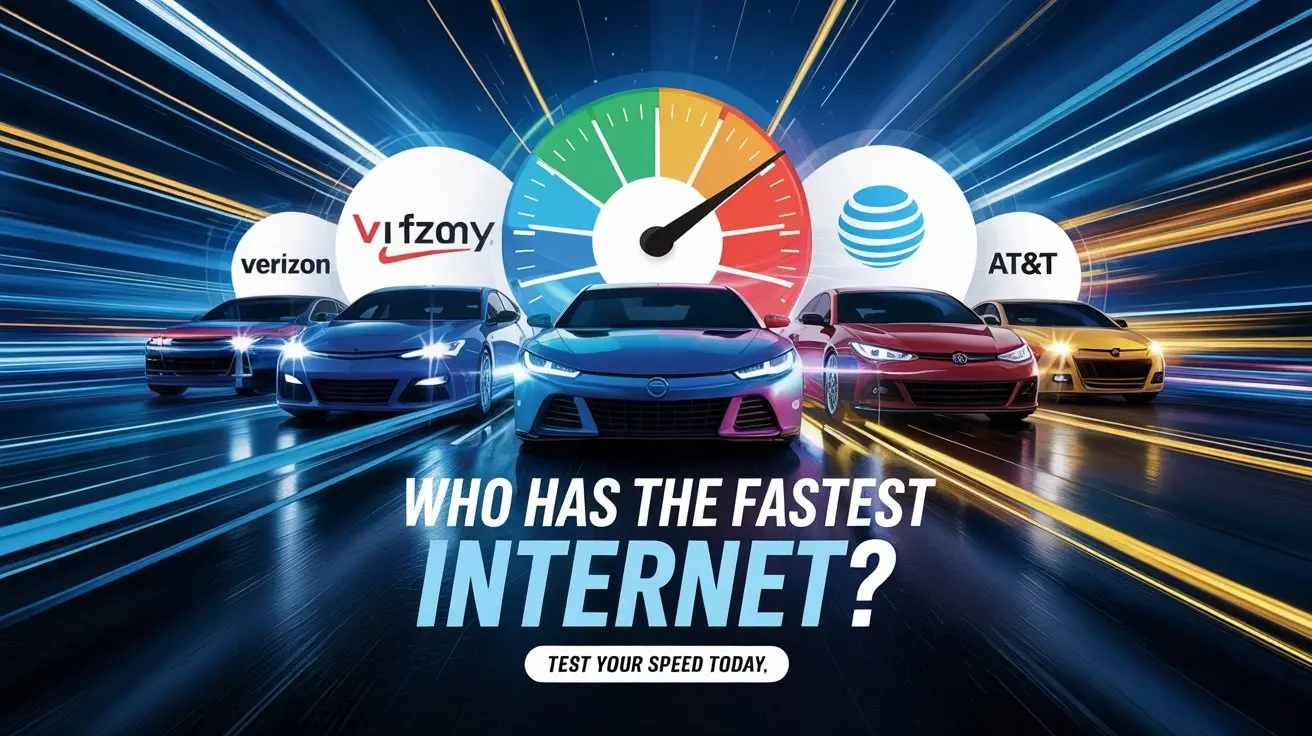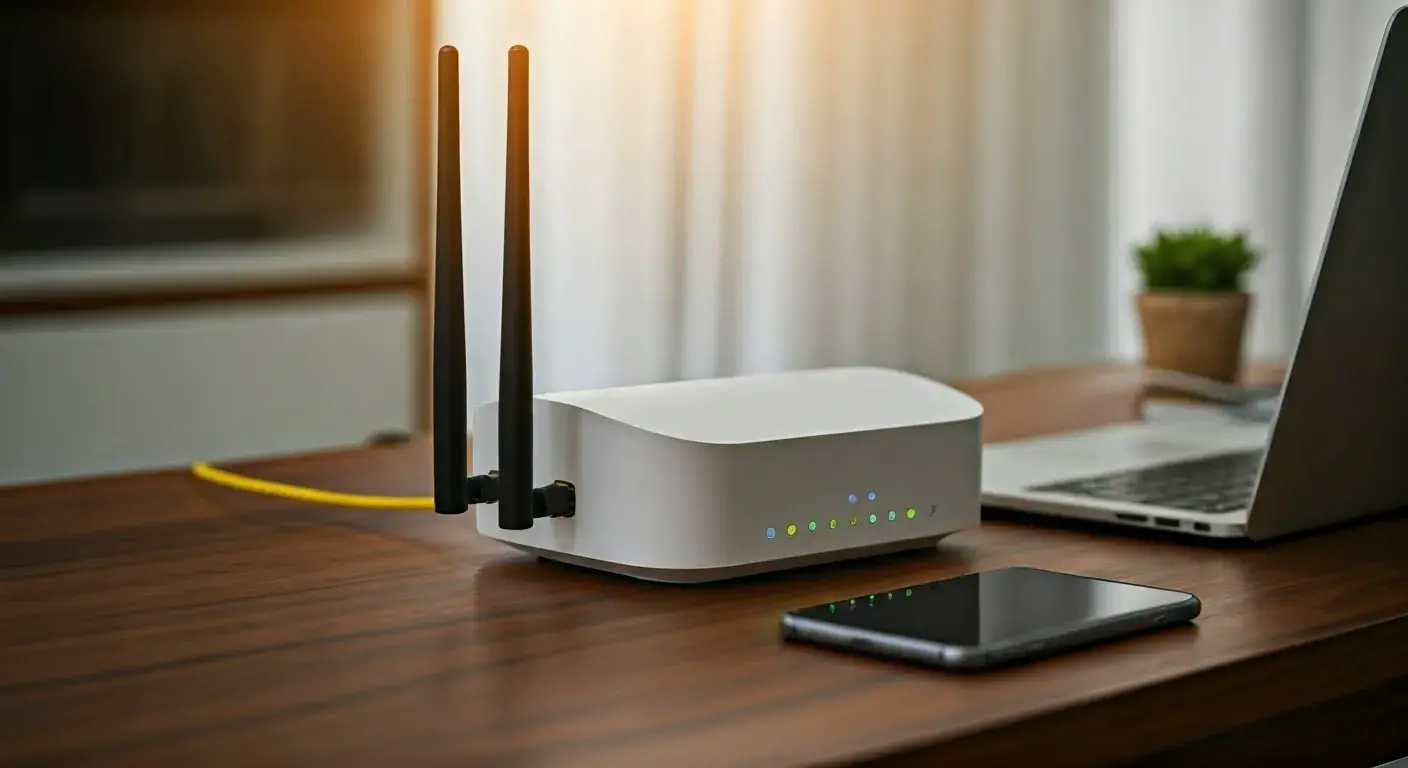Cheap and Free Internet for Students

In today's world, it is increasingly important to have internet access. For students, this is especially true, as homework and research are now often done online. However, paying for internet service can be prohibitively expensive for some families. Luckily, there are several ways to get cheap or free internet service, even if you don't have a computer of your own.
Can students get free internet?
With so many options for getting online, students have access to free public Wi-Fi hotspots, or they can keep connected through their family's internet provider. And if you qualify for low-income status with the Affordable Connectivity Program, then that could save $30 off your monthly bill!
What is the best cheap internet for students?
Xfinity by Comcast is the best deal for anyone looking to get internet service. They offer several different packages, including 100 Mbps at only $40 monthly! Plus, there are special student deals like 200 bucks back if you’re in college studying technology or something similar, so don't miss out on this great opportunity while it lasts, because summer comes around sooner than we think.
The best way to stay connected during any semester is with no-contract internet plans that provide you with more flexibility. With 300 Mbps for $40 monthly, Optimum offers an affordable option, and there are early termination fees if we decide not to!
What is the best free internet service for students?
The $30 monthly savings from the Affordable Connectivity Program and an internet provider’s low-income initiative mean you can get free high-speed wireless in your home!
The internet is a valuable tool that can help you stay connected to your family, friends, and other loved ones. You don't want them missing out on any important updates because of a lack of connectivity!
Affordable Connectivity Program
In this digital age, the internet is an essential tool for students of all ages. However, accessing the internet can be expensive, especially if you have a limited data plan. That's why many schools and libraries offer affordable connectivity programs that allow students to access the internet at a reduced rate or free of charge. If you're looking for a way to connect to the internet affordably, be sure to check out your local school or library. You may be surprised at how much they can help!
Low-Income Internet Initiatives
|
Provider of low-income initiative |
Introductory price |
Max download speed |
Qualifying programs |
|
Cox Connect2Compete* |
$9.95/mo. |
100 Mbps |
HUD |
|
Internet Essentials from Comcast (Xfinity) |
$9.95/mo. |
50 Mbps |
Federal Pell Grant |
|
Mediacom Connect-2-Compete* |
$9.95/mo. |
25 Mbps |
NSLP |
|
Access from AT&T |
$10.00/mo. |
25 Mbps |
NSLP |
|
Optimum Advantage Internet |
$14.99/mo. |
50 Mbps |
NSLP |
|
Frontier Fundamental Internet |
$19.99/mo. |
N/A |
CalFresh |
|
Spectrum Internet Assist |
$17.99/mo. |
30 Mbps |
NSLP |
|
Verizon Lifeline |
$19.99–$59.99/mo. |
200 Mbps– |
Lifeline |
|
Cox Connect Assist |
$30.00/mo. |
100 Mbps |
Certain public housing |
Internet provider programs for low-income households
Something that many people don't know is that there are several internet providers that offer discounted rates or programs specifically for low-income households. This can be a great way to get online if you're on a tight budget. In this post, we'll tell you about some of the best programs available and how to sign up for them. So, whether you're struggling to afford your current internet plan or you've never been able to get online at all, there's likely a program out there that can help you.
How to qualify for low-income internet?
In today's society, internet access is a necessity. Unfortunately, for low-income families, this resource can be hard to come by. Luckily, there are ways to qualify for the Internet for Students. In this blog, we will discuss the different ways to get low-income internet and what each option entails. We hope that this information will help make the internet more affordable for everyone.
Public Wi-Fi hotspots
When you see a sign in the window of your favorite café advertising free Wi-Fi, this means that they are near one or more public hotspots. In addition to businesses looking for customers who will buy something before getting access to fast internet speeds from their laptop/tablet while out on lunch break (or just spending some time nearby), libraries often provide community broadband service at no cost thanks also having occupancy sensors installed which turn off any noise makers like air conditioners when nobody's using them!
There are many Wi-Fi hotspots around town, but sometimes they don't have the best speed. If you want faster speeds while browsing on your phone or laptop, then check out Wiman—it will show which networks are available right now near wherever it is that you’re standing!
Hotspots for college students
Living on your own for the first time can be tough, but it doesn't mean you have no options. Signing up to use the family's internet service might not work out as well if they don’t live close by - what about hotspots?
A lot more than just restaurants and retail stores are available in most cities these days, thanks largely to increased connectivity through smartphones with data plans that allow users to connect anytime, anywhere! You'll find free Wi-Fi everywhere, from large public areas such as airports or hotel lobbies.
Final take
If you don’t qualify for low-income assistance, then your options when it comes to finding internet access on campus are limited. But with a little ingenuity—and maybe a late-night trip to Arby's- you can still get online without breaking the bank!
